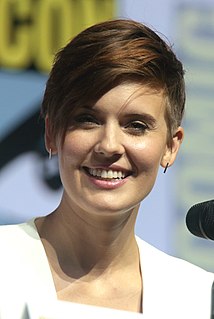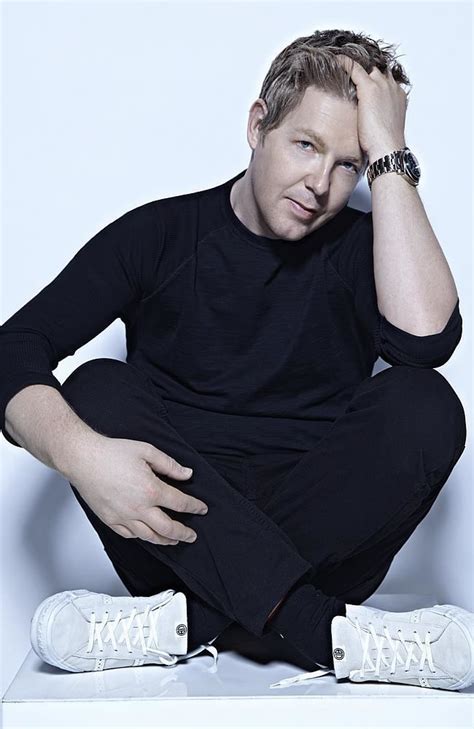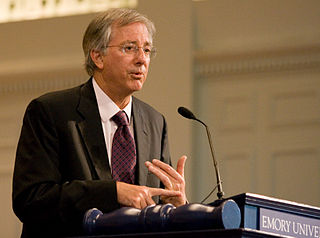A Quote by Lauren Oliver
I think dystopian futures are also a reflection of current fears.
Related Quotes
I think people respond to dystopian stories because they're ways of acting out anxieties that we have and fears that we have about the future. So much media's coming at you over the Internet, your brain gets overloaded. You don't know what to do with it. And one thing you can do with it is read a story.
What tends to happen when people talk about Chinese sci-fi in the West is that there's a lot of projection. We prefer to think of China as a dystopian world that is challenging American hegemony, so we would like to think that Chinese sci-fi is all either militaristic or dystopian. But that's just not the reality of it.


































